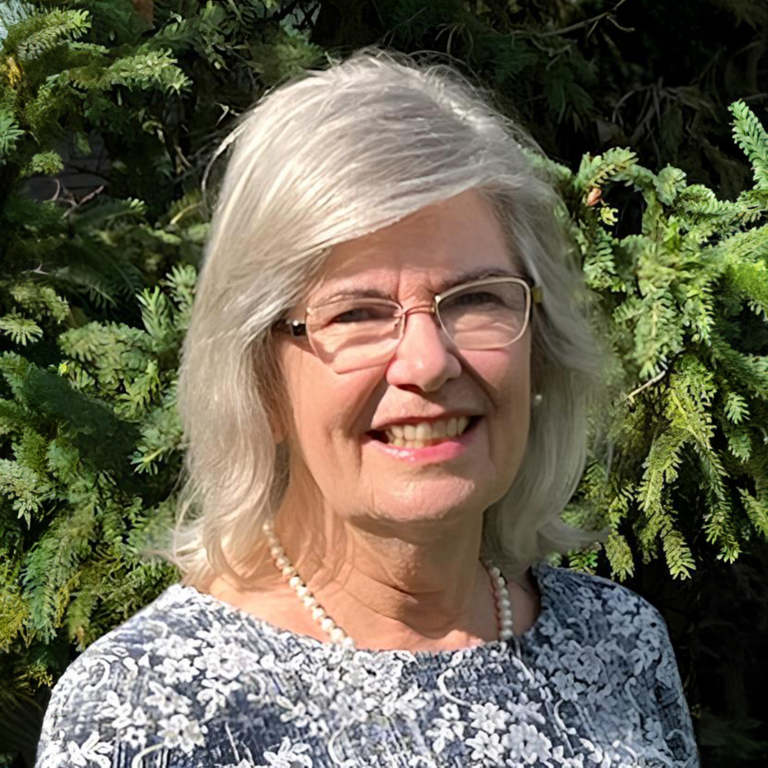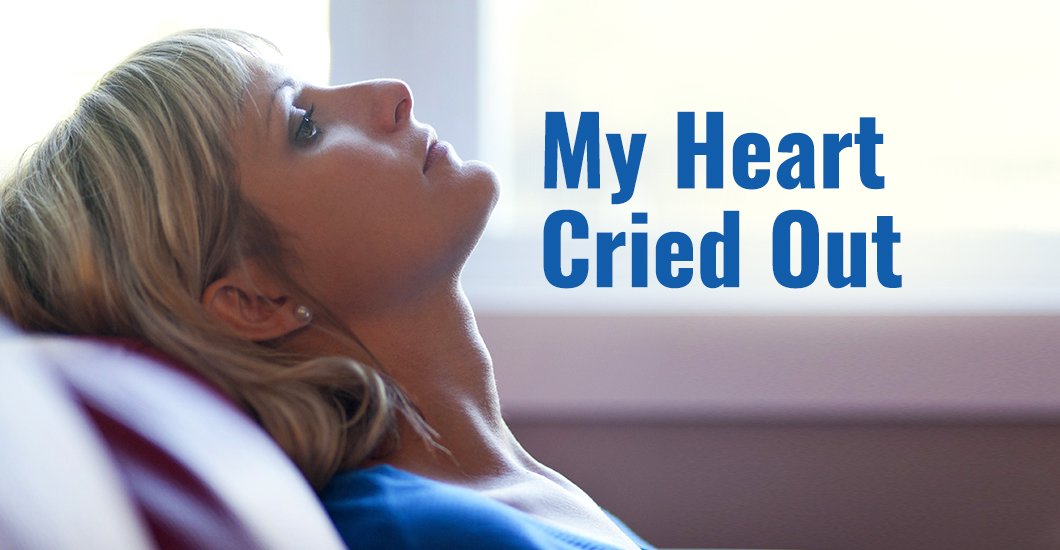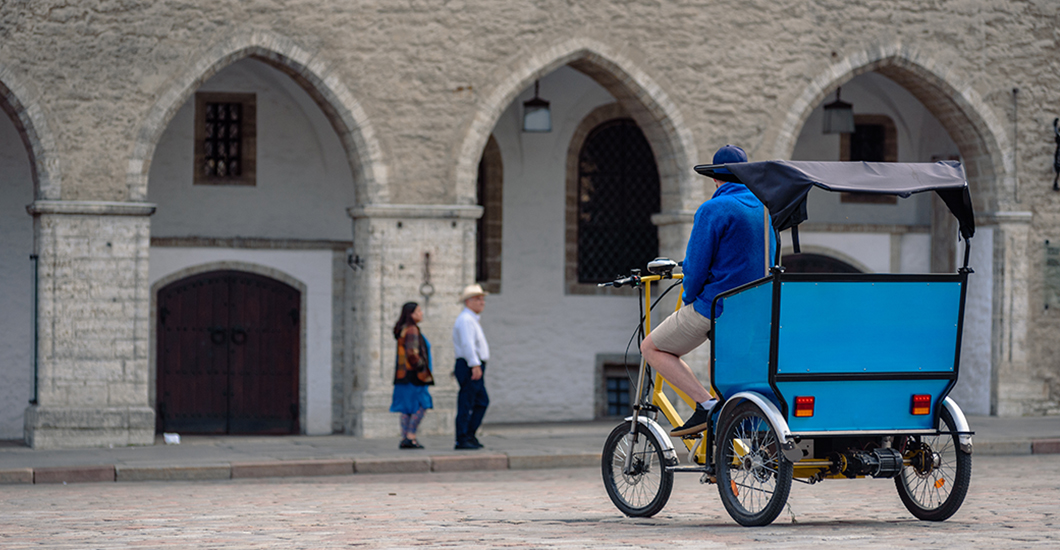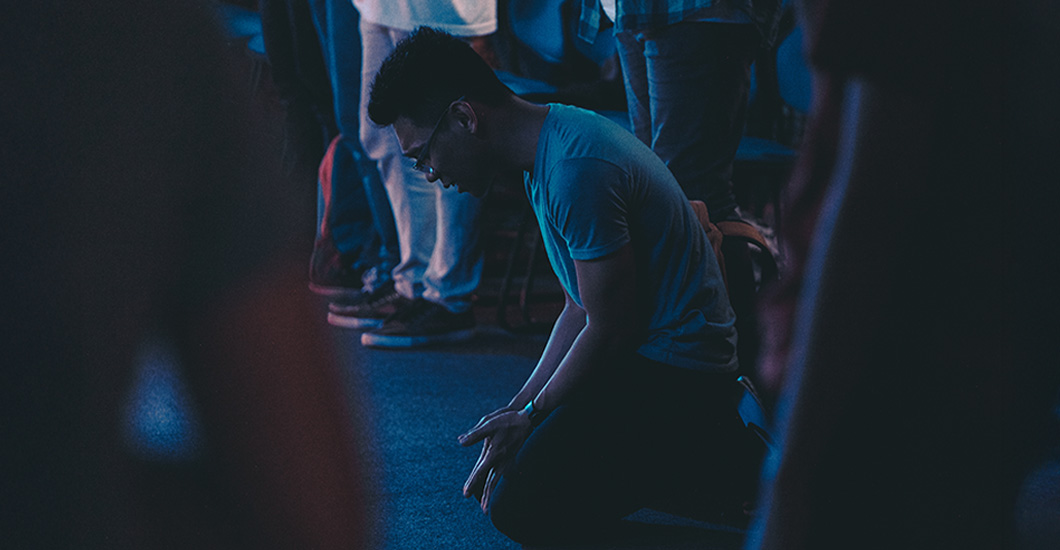Trending Articles
My Heart Cried Out
My heart cried out. Being a mom was the one thing I wanted most, and I had big dreams of a strong family and happy children. But I had lost the way. More than anything I wanted to raise my children to be good, to be morally strong, to love God with all their hearts. But how could that happen in the midst of changing endless diapers and making peanut butter sandwiches? How could it happen when I kept losing my patience and my temper? How would I ever find my way out of this confusion and be the mother I knew my children needed and deserved?
I needed my mom. I needed to call her and pour out all these troubles. Yet deep down I knew my situation was bigger than any help she could give. Then I thought of my other mother. Since reverting to the Catholic faith, I had been hearing and reading for the first time that Jesus’ mother is my mother, as well. The Church teaches that when, from the cross, Jesus gave Mary to Saint John (John 20:26-27) He was also commissioning her as mother of each one of His followers. My hero Saint Maximilian Kolbe had relied on her intercession with complete trust. I had met older women, mothers like me, who testified to her unfailing, maternal help.
So I called her. Right there in the living room, in the midst of the scattered Duplos and Tonkas and baby dolls. I stood there, helpless, completely overwhelmed by the task of not just raising my children but raising them to be good. “Help! I don’t know what I’m doing! I have such dreams and hopes for these children, but I don’t even know where to begin. How can I teach them to be good when I don’t know how to be good myself? Mary, please help me!”
Truthfully, this prayer was more a raw emotion gushing from deep inside me rather than words. It coursed through me and out of me, leaving me standing quiet and empty. In a moment it continued, simple and articulate, “Mary, please be the mother of this family. Treat me like your trusted oldest daughter whom you have left in charge of the younger ones while you are away. Show me what to do.”
I do not remember how long I stood there, but I will never forget the sense of peace that filled me. Nor did I forget through all the ups and downs of raising six children to return to this little prayer. “Mary, you are the mother of this family. Show your daughter what to do.”
From where did these words come? How did I move from emotions bordering on despair to this calm and clear request? Why would I ever imagine that the way to handle my very grown-up responsibilities was to be a child again myself? Years later, studying the “Catechism of the Catholic Church” (“CCC”) for the first time, I read this quotation from Saint Paul and I knew:
“The Spirit helps us in our weakness; for we do not know how to pray as we ought, but the Spirit himself intercedes with sighs too deep for words.” The Holy Spirit, the artisan of God’s works, is the master of prayer” (“CCC” 741).
Wow. This confirmed what I would have said if anyone had asked—that, yes, the Holy Spirit was present in that moment. Not only that, but the authors of the “Catechism” are telling us all that this is a characteristic action of the Holy Spirit. Since the early days of the Church this same Spirit has sighed with, has accompanied souls overwhelmed with troubles, interceded and directed their prayer.
There is more. One of the four parts of the “Catechism” is entirely devoted to the topic of prayer. The chapter on The Tradition of Prayer begins:
“Through a living transmission (Sacred Tradition) within the ‘believing and praying Church,’ the Holy Spirit teaches the children of God how to pray” (“CCC” 2650).
With awe, I can see these words lived out in that moment. Because of Church teaching (sacred tradition) and the life of a saint and the testimony of other members of my parish, I knew that I could turn to Mary for help. In a weak moment I did, and the Holy Spirit entered my confusion and fears. He, the Master of Prayer, re-oriented me and formulated my heart’s cry into simple instruction. Be a child. Let Mary be your mother and the mother of your children. He literally gave me the words to pray.
What leaves me in awe, however, is not the fact that some sentences in the “Catechism” help me make sense of what happened to me that day. Rather, I marvel that these words are in the “Catechism” at all; that theologians and teachers who have studied the ways God has acted in many souls and throughout Church history should characterize the instructions of the Holy Spirit in the way I experienced it. These words tell me that what happened to me was not some isolated event in suburbia. Far from being unusual, this is typical of the Holy Spirit. Through the Church and her members He truly does respond, comfort and teach each soul that cries out.

Erin Rybicki is a wife, mother and epidemiologist. As a home educator with more than twenty-five years of experience, she has been a guest speaker at Michigan Catholic Home educators’ conference. She lives with her husband in Michigan, USA.
Latest Articles
Want to be in the loop?
Get the latest updates from Tidings!








